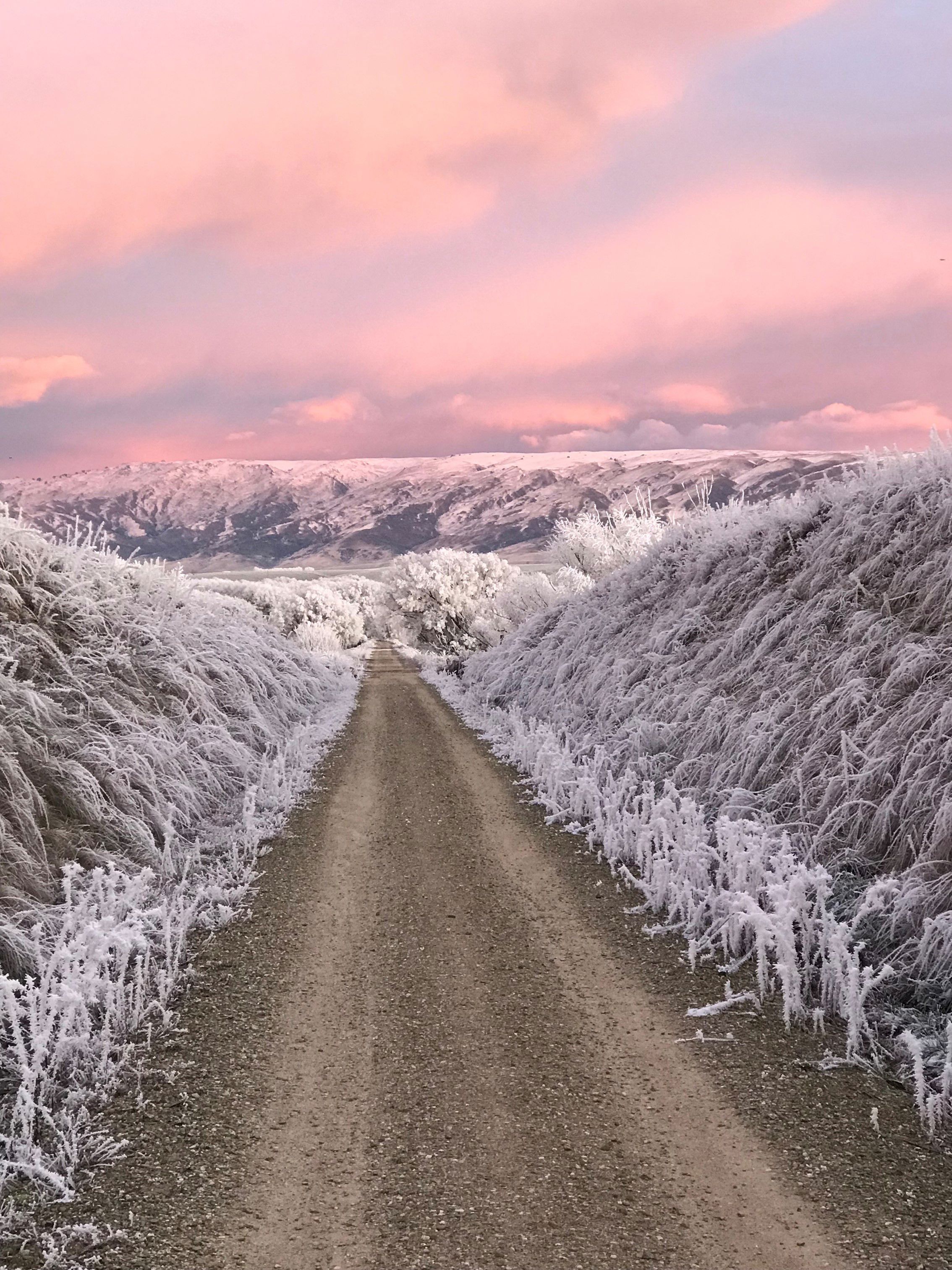

The beautiful Central Otago District is home to wines, stunning landscapes, horticulture, recreational activities, and adventures. It is dominated by mountain ranges, flat plateaus, lakes and rivers.
The Central Otago District can experience storms, snow, flooding, wildfire, space weather, earthquakes, infrastructure failure and lake seiche.
For more information about hazards in the Central Otago district, visit Otago Regional Council's natural hazards portal
Being prepared to look after yourself during an emergency will help you, your family and community through times of disruption.
If life or property is at immediate risk, always call 111.
If you need assistance during an emergency, your first point of contact should be family, friends, neighbours, work colleagues, or those immediately around you wherever you are.
During an emergency, information will be available through several channels from Central Otago District Council and Emergency Management Otago.
When an emergency affects the district, the Central Otago District Council will provide information to the community and visitors through a variety of channels including their website and Facebook page.
The Council may use traditional media channels like radio and local newspapers to share information if available.
Sign up to Otago Gets Ready to receive alerts.
Maniototo Burn 729AM
More FM - 90.3 / 94.3FM
RNZ National - 101.5 FM/639 AM
Newstalk ZB - 89.6FM / 95.1 FM / 90.6FM
Radio Central 91.9FM (Alexandra, Clyde, Cromwell), 94.3FM (Teviot Valley), 104.3 (Maniototo)
Radio Live - 95.9FM
Radio Wanaka - 92.2FM
The Hits - 99.9FM
Leave home only if you are in immediate danger or if you are officially advised to.
Stay inside (unless you are advised to evacuate) if there is a chemical or gas disaster or a storm. Listen to the radio, look at online media channels or TV for information. If the power is off, you can use a radio app on your phone, a solar or battery powered radio or your car radio.
If you need to evacuate, secure your home as though you were going on holiday and turn off power, water, and gas. Ensure each adult in your household knows how to turn these off.
Evacuate if there is:
No one knows a community better than those who live in it!
Community Resilience Groups are a team people in your area who are trained to open and run a Community Emergency hub. They work with Emergency Management Otago to develop community response plans by the community, for the community. They are a great way for the community to come together, discuss and outline how they plan to respond and keep each other safe during an emergency event.
To ensure that Community Resilience Groups have the capability to activate, training can be provided by Emergency Management Otago to cover:
• Community Emergency Hub operations.
• Health and safety requirements
• Status reporting and radio communications.
Contact your local Emergency Management Advisor for further information on creating a community resilience group for your area or to join an existing one.
Emergency Management Otago works with communities across Central Otago to develop capability and resilience within each community so that they can prepare for and respond to emergencies.
Together we have created a series of community resilience guides. These are living documents and are a short, ready-reference guide with information about local hazards and practical tips for preparedness.
In an emergency
If there is a threat to life or property, dial 111 for emergency services
Where to find information
Central Otago District Council website
Central Otago District Council Facebook
Contact Central Otago District Council
Phone:+64 3 440 0056
Email:info@codc.govt.nz
EMERGENCY MANAGEMENT
For general inquiries about civil defence or being part of a Community Response Group, contact:
Derek Shaw
Emergency Management Advisor (Central Otago)
Jacqui Lambeth
Emergency Management Advisor (Upper Clutha)